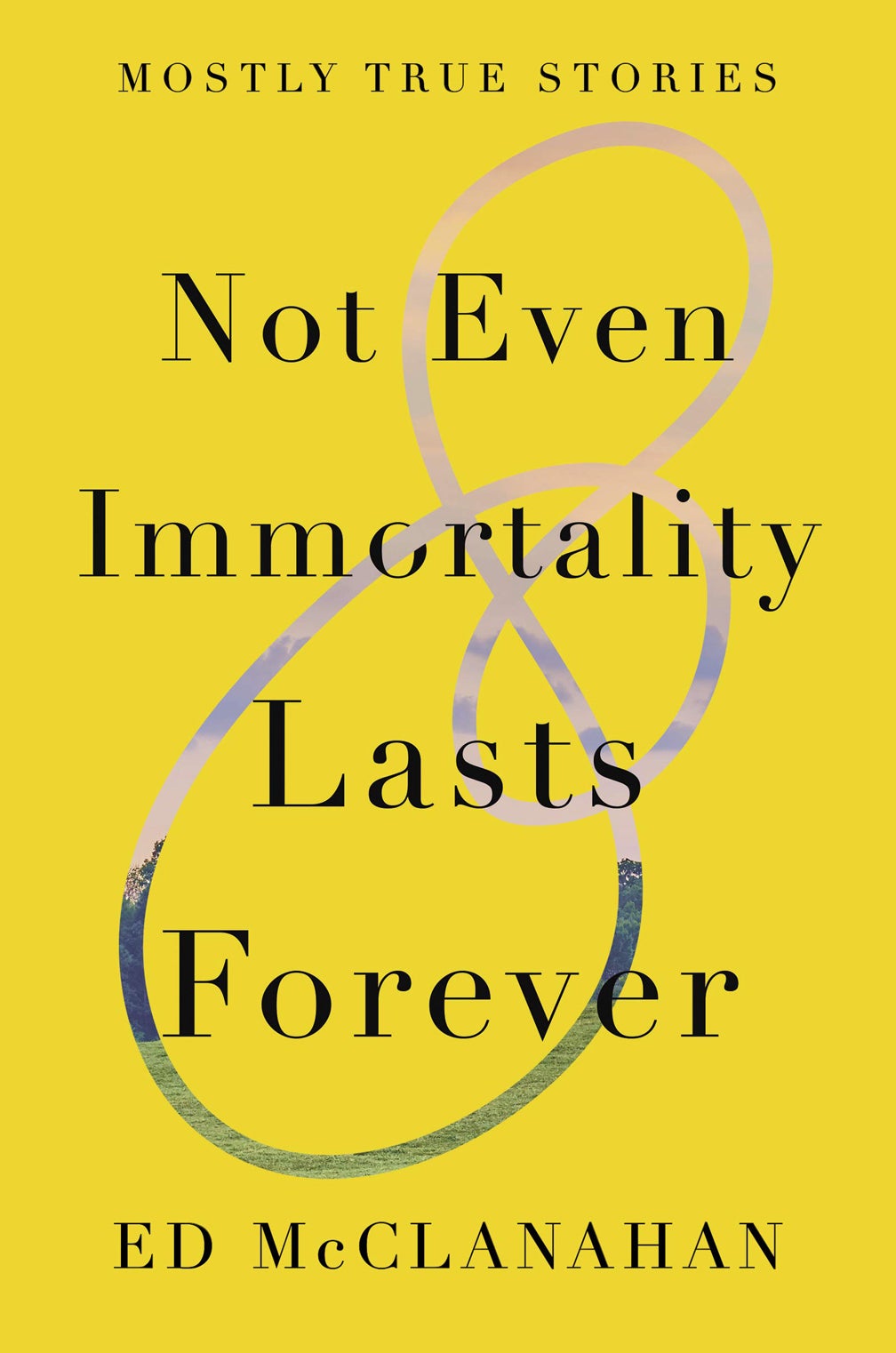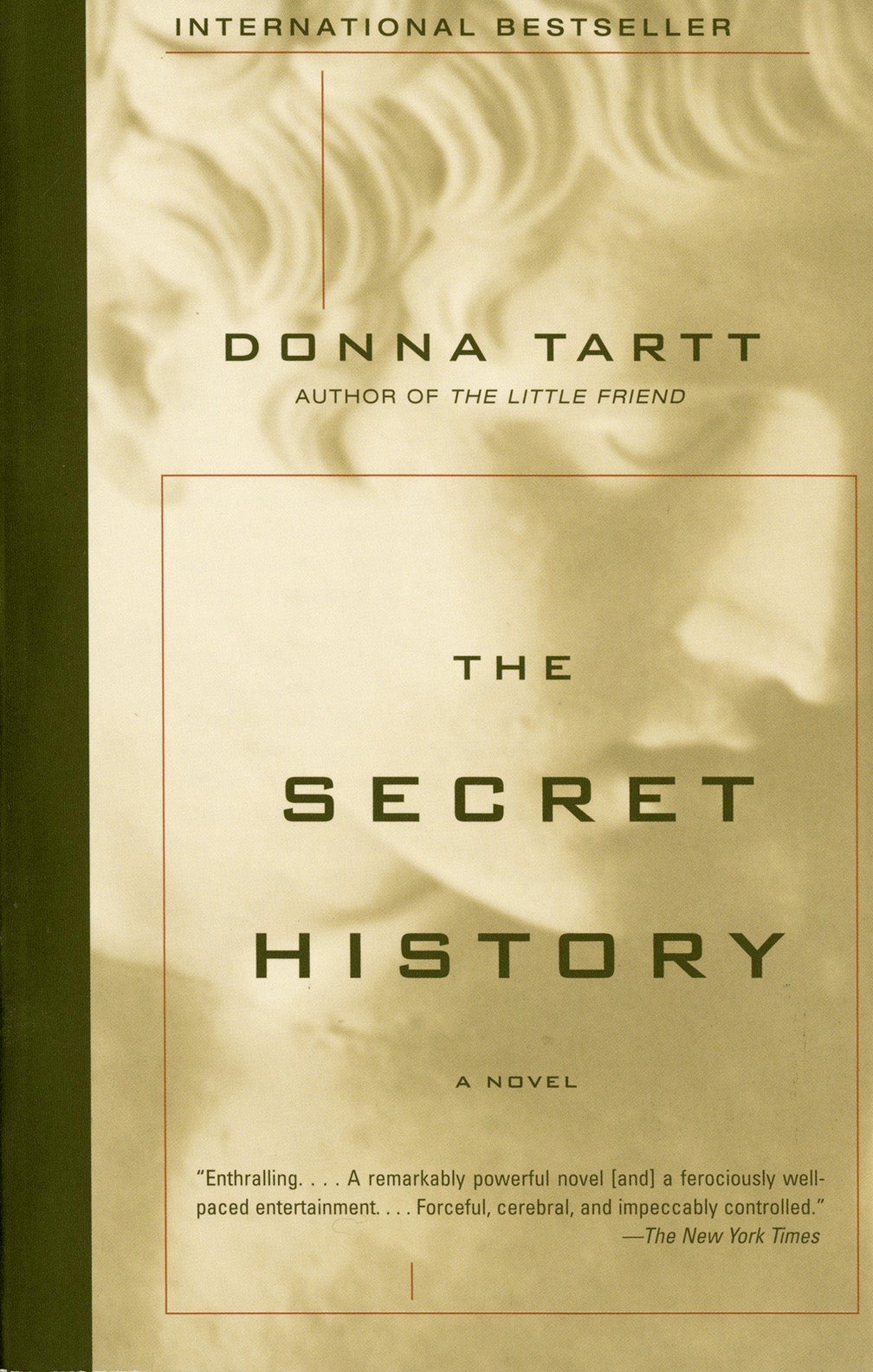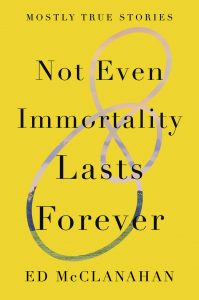
“Not Even Immortality Lasts Forever: Mostly True Stories” by Ed McClanahan
I happened to be waiting in a federal jury room when I started reading Ed McClanahan’s latest accounts ranging from his childhood escapades, his many friendships, and most certainly the appealing characters of his hometown. This would not be recommended reading in that setting, as I couldn’t help but chuckle on almost every page.
McClanahan notes that these stories are “mostly true,” and we all know that the truth is stranger than fiction. But, a clever storyteller can embellish a memoir with a few fictional details that vary from audience to audience and achieve delightful entertainment. Of all of the 642 residents of Brooksville, Kentucky, McClanahan is likely the most famous, but his tales about the basketball coach, the drug store clerk, as well as friends and family, elevate the ordinary events of their lives into extraordinary, memorable stories. And, his close friends from the Stanford University Writing Program agree that “Clammerham” is a blast!
McClanahan recalls the Main Street arrival of a white, bearded itinerant, not in a golden chariot from heaven, but in an ancient T-Model Ford flatbed truck from Route 10. This performer fascinated the town with his expertise on a silver bicycle without saying a word. One can search the internet for “bicycle tricks of the 1950s” and imagine the 14-year-old amazement and wonder for the skilled artist. For the finale of the show, the cyclist transforms the bike into a unicycle and creates another series of incredible feats. In only a few minutes, a boy’s dream of climbing the local water tower was diminished by the super-human acrobatics of an old man.
Consistent as in every childhood is the conflict between child and parent. Ed’s father, the no-nonsense “bidnessman,” does not want his son to smoke cigarettes, and McClanahan gets caught every time. Grounding his son is a huge deterrent, but dad will also send McClanahan to the store to pick up a pack of Pall-Malls.McClanahan’s commitment to quitting fades as soon as leaves the house.
Pulitzer Prize recipient, Richard Ford, praises McClanahan’s collection “in all his florid, wide-ranging, unpredictable, savvy and sassy (and I’m sorry, yes, extremely humane) abundance.”
Has McClanahan led a more colorful life than the rest of us? Or does he paint the ordinary life with technicolor details? Either way, you will laugh.
McClanahan will read from this collection at the Paul Sawyier Public Library at 6 p.m. on Monday, Feb. 24.
— Lizz Taylor, Poor Richard’s Book
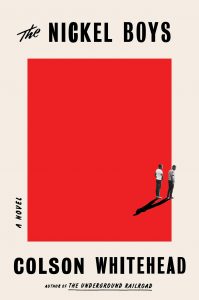
“The Nickel Boys” by Colson Whitehead
“This or this,” his eye doctor asked at checkups, a choice between two lenses of different power. Elwood never ceased to marvel how you could walk around and get used to seeing only a fraction of the world. Not knowing you only saw a sliver of the real thing.
Inspired by the true story of the Dozier School for Boys in Marianna, Florida, Colson Whitehead invites us to look at history through the different, more powerful, lens of fiction, in his book, “The Nickel Boys.” Whitehead takes a more straightforward storytelling approach with this book as compared to “The Underground Railroad,” but once again, he makes history vivid and relevant through his writing.
The fictional Nickel Academy is supposedly a Florida reformatory school for boys, but in reality a place of unspeakable cruelty and corruption. The two primary characters take very different approaches to dealing with the violence and horrors. Elwood, a rising college student, ends up at Nickel by being in the wrong place at the wrong time. Inspired by Martin Luther King Jr. and the Civil Rights movement, he tries to bring those ideals to Nickel. Turner, a graduate of the school of hard knocks, is serving his second term at Nickel, striving to game the system as best he can until he is able to leave. Who is right? Who is wrong? Whitehead leaves it to you to decide as the story comes to a climatic end.
To know the dates, places and events of tragedies is one aspect of history, but to place yourself there — in the stories of those who endured it — makes history relevant to the present. No one does this better than Whitehead. Read the book and ponder the questions it raises. See more than just a sliver of history.
— Regina-Wink Swinford, Poor Richard’s Books
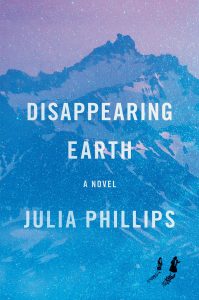
“Disappearing Earth” by Julia Phillips
A Best Book of 2019: The Washington Post, NPR, Kirkus
In the first chapter of Julia Phillips debut novel, two young girls disappear after they accept a ride home from a stranger. This sends shock waves through their community, which is on the edge of the Kamchatka Peninsula in Russia, especially when the police investigation has no leads. The chapters are stories linked together about the effects of the disappearance of the girls on other people in that same community.
Another young girl loses a friend because of the restrictions her anxious single mother places on her. Members of a family whose daughter vanished years earlier are troubled by the familiarity of the case. A young woman attending college copes with a fearful boyfriend who becomes more controlling.
Each chapter pushes the novel forward another month by exposing the lives of characters who appear in each other’s stories. By the end, you may have picked up enough clues to figure out who took the girls.
Phillips lived on the Kamchatka Peninsula in far eastern Russia on a Fulbright scholarship while researching this book.
— Paul Sawyier Public Library

“Daisy Jones & the Six” by Taylor Jenkins Reid
Named One of the Best Books of the Year: The Washington Post, NPR, Esquire, Good Housekeeping
The latest novel from Taylor Jenkins Reid is all about sex, drugs and rock ‘n roll. In fact, you may be reminded of such band greats such as Fleetwood Mac and The Eagles. Daisy Jones has an amazing voice and The Six, led by Billy Dunne, is a rock band coming into its own who needs a lead singer for a couple of songs.
Billy and Daisy clash dramatically at first, but then realize they are both passionate about the same thing. At the height of the band’s success and sold-out concerts, they suddenly break up.
Like reading text from an oral history or watching a documentary, the band members, their friends and family each share their version of the events that led to the rise and fall of Daisy Jones & the Six.
Reid lives in Los Angeles and is the author of “The Seven Husbands of Evelyn Hugo”, “One True Loves,” “Maybe in Another Life” and more.
— Paul Sawyier Public Library

